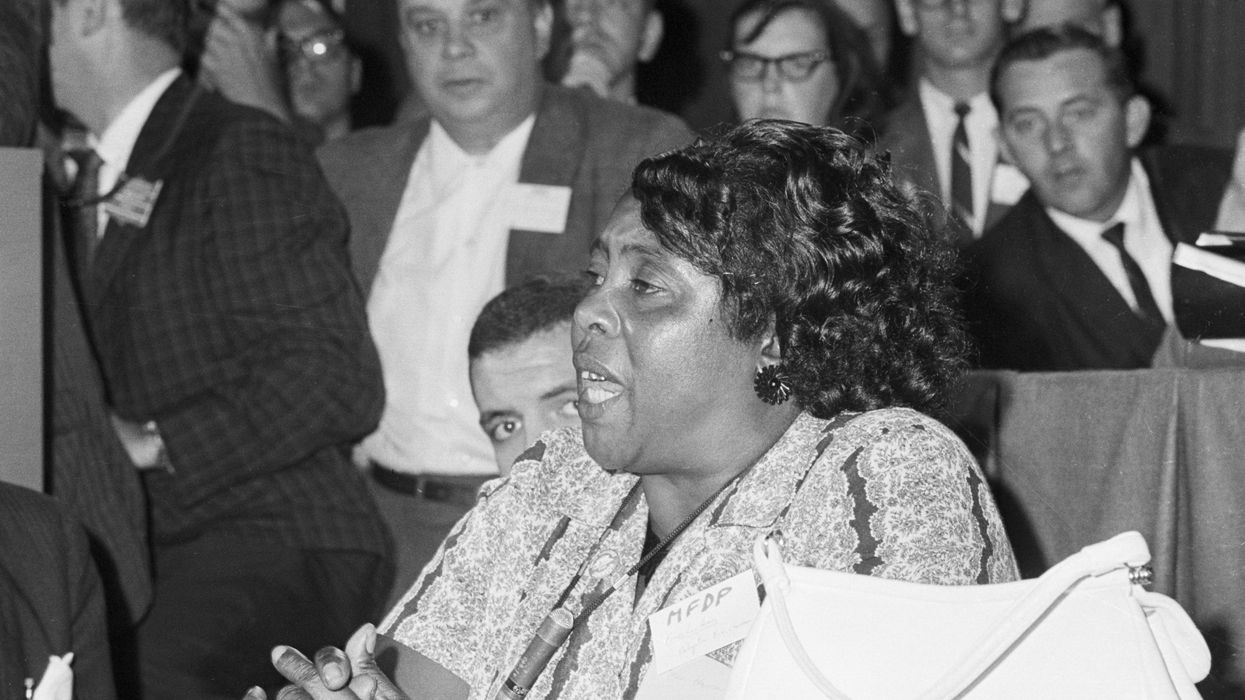Rubin is an alumnus of the Bridge Alliance Leaders Mastermind Cohort. He is founder and principal of Bstory, an initiative that uses the power of collective story to breathe new life into our civic and moral imaginations. This is the first in a regular column called Civic Soul.
There exists something transcendent in the best of what the African American experience has to offer. It is reflected in the many cultural contributions made throughout American history. Africans brought to America have had a profound influence on the American civic landscape. I use "soul" as a metaphor to describe this sense of awareness. It can be heard in the music, from spirituals to hip-hop, and it strives to raise the consciousness of this nation.
When one encounters life from the underside of our society, it fashions a sensitivity to the political, social and economic inequities that exist. When people say that change happens at the margins, they are pointing to a certain set of circumstances that lead to the very essence of a solution. These life lessons are not found in ivory towers. To view life through a soul lens is to intuitively view problems from a different vantage point.
Too many fail to know her name, but we need more voices like that of Fannie Lou Hamer. While criticized for not being the most articulate, Hamer summoned a power to speak in a way that demanded attention. Hamer had a way of truth-telling and we need more people who will ask questions in the best interest of all, as she did at the 1964 Democratic National Convention. She asked, "Is this America, the land of the free and the home of the brave, where our lives be threatened daily, because we want to live as decent human beings?" Basic human dignity is an appropriate starting point, but unfortunately Covid-19 and the frequent recordings of police brutality have only exposed the gaps that many were already aware of.
Reflecting on the state of things during the early part of the pandemic, columnist David Brooks wrote, "Everywhere I hear the same refrain: We're standing at a portal to the future; we're not going back to how it used to be." I do not know if our visions are the same, but like Brooks I can see possibilities of alternate futures.
I know that many would like to return to "normal" because they argive only prepared to weather things that are predictable and it causes us to avoid what cannot be measured. I get it, risk is scary while business as usual is tangible and safe.
However, like James Baldwin said, "I do believe, I really do believe in the New Jerusalem, I really do believe that we can all become better than we are. I know we can. But the price is enormous."
The possibilities that I see ahead require more than simply reform, but a complete reorientation of values. We must come to a point when we move past the idea of American exceptionalism that Princeton Professor Eddie Glaude calls "a lie that hollows out the nation's soul and leaves its democracy flawed and threatened." Too often we are grounded in a nostalgic remembrance of a past that never existed. There is much work to be done.
I was inspired by a question posed by the Rev. Andrew Wilkes. He authored the book "Freedom Notes: Reflections on Faith, Justice and the Possibility of Democracy," which at its core is an exploration of how we get free. The question he asks us is, "What if all of us — not just politicians — are elected for public service?"
It is much easier to look to Washington to be the Change That We Can Believe In, or to Make America Great Again, but at some point there must be a groundswell of citizens who do not bow down and worship at an altar of exceptionalism or any claim of supremacy. Rather, we must tear down every false idol and replace them with visions that carry possibilities that awaken our imaginations and gives voice to the voiceless as we consider this present moment and beyond.
In his posthumous op-ed in The New York Times, the late Rep. John Lewis wrote, "Ordinary people with extraordinary vision can redeem the soul of America by getting in what I call good trouble, necessary trouble." Therefore, I am excited to share this column with you. Beyond all the analysis, change starts with our collective individual beliefs and actions. As we journey together in civic soul, let us do it toward casting a vision that will redeem the soul of America.




















Trump & Hegseth gave Mark Kelly a huge 2028 gift